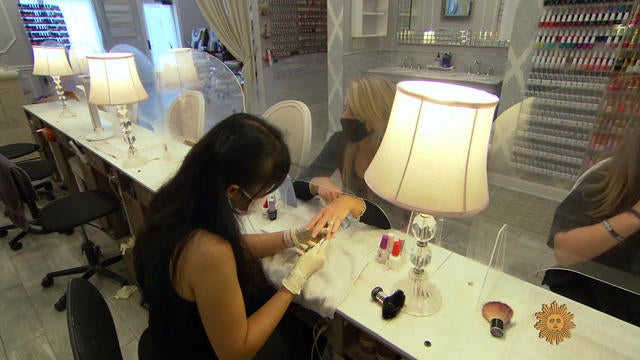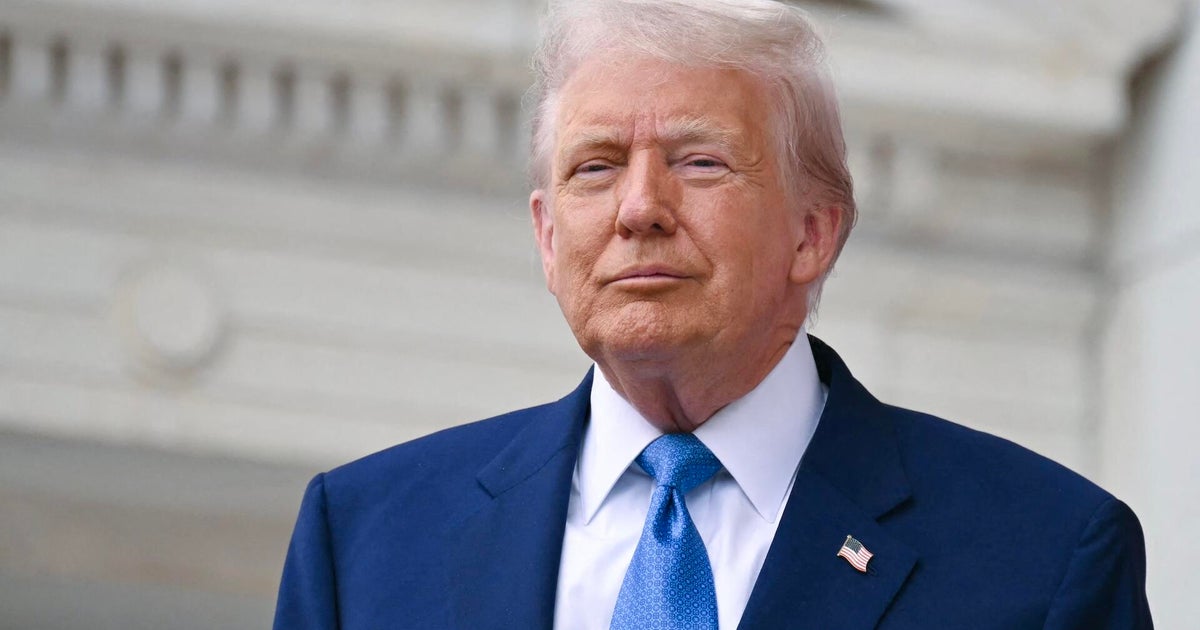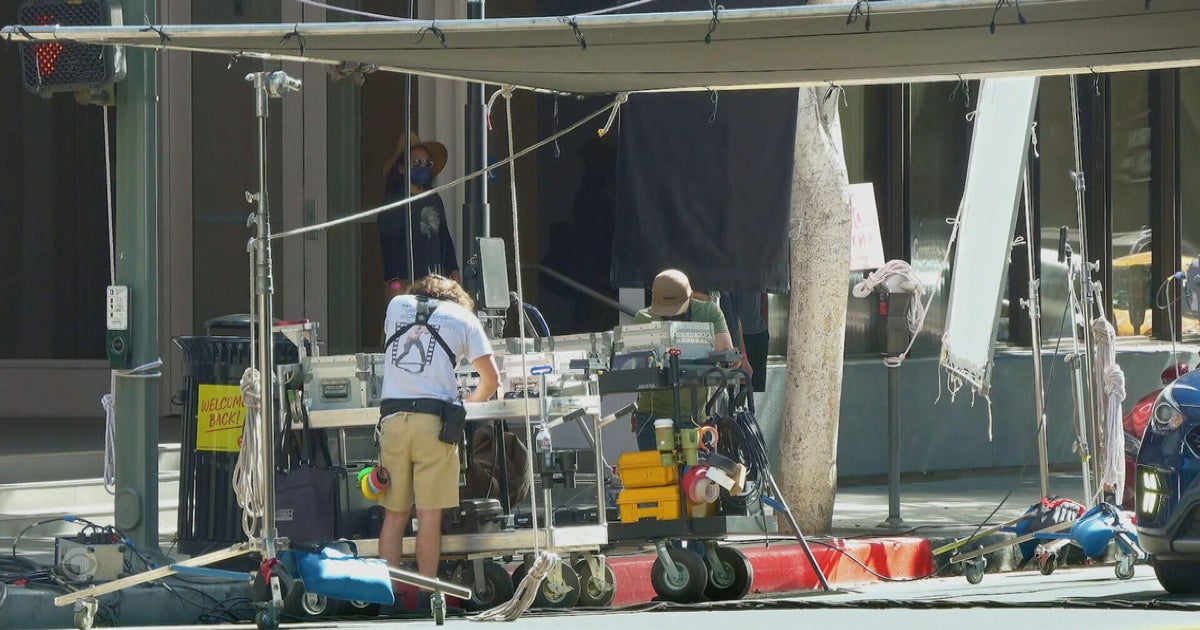Paycheck Protection Program didn't save enough small business jobs, economists say
The U.S. government's flagship program for propping up small businesses hurt by the coronavirus pandemic has so far failed to achieve its main goal of saving jobs, according to a new economic analysis.
The U.S. Small Business Administration's Paycheck Protection Program, part of the coronavirus rescue package known as the CARES Act, has approved more than $500 billion in forgivable, low-interest loans for small businesses. But the PPP hasn't restored employment to a level that many expected for a program of that size, according to a working paper from the National Bureau of Economic Research co-authored by Raj Chetty, a leading American labor economist and professor at Harvard University.
"In terms of saving people's jobs, the program spent vastly more money than the number of jobs it saved," economist Michael Stepner, one of the paper's co-authors, told CBS MoneyWatch. "It did not cause a sharp increase in employment that would be commensurate with the nearly $600 billion that was spent."
Starting in February and March, many businesses began laying off workers as the coronavirus took hold in the U.S., choking companies' revenue streams after they were forced to temporarily close.
Companies with fewer than 500 employees were typically eligible for the PPP loans, while large firms generally were ineligible barring some exceptions for franchises. Loan recipients were required to spend at least 60% of the loan money on payroll in order to have it forgiven. On Tuesday, the last day the SBA approves applications for PPP loans, roughly $128 billion from the program remained untapped.
Before the program began, employment levels dropped at nearly equal rates at companies that were eligible for the loans, versus those that were ineligible, according to the study. Employment rates fell at a similar clip at both types of businesses even after the PPP loans were introduced on April 3, the researchers found.
"We spent more than $670 billion on this program, and most of it did not go to saving people's paychecks," Stepner said.
To be sure, the money did end up in some workers' pockets. But about 90% of those workers whose paychecks were paid out of the fund were not at risk of being laid off in the first place, according to the analysis. The bulk of the funds were allocated to businesses in the professional, scientific and technical services industries — sectors in which employees can typically telecommute.
It's possible that the loans were attractive to those business owners who knew their payrolls would remain unchanged.
"If they weren't going to lay employees off anyway, they are just getting a grant from the government. That made the loans particularly attractive to firms that knew they could keep employees on payroll," Stepner said.
Lawmakers didn't create the Paycheck program to bail out small businesses; rather, it was designed to help them keep workers employed. And many small business owners have complained that, while the relief program benefits workers, it does little else to support their companies.
"The focus has been on payroll, payroll, payroll, which makes a lot of sense in theory, but if you don't have the ability to spend the funds on other expenses, there isn't going to be a store to come back to," Justin Moore, the manager of Uncle Bobbie's, a Philadelphia coffee shop, told CBS MoneyWatch in April.
"The main limitation is that so much of the loan has to go to payroll for it to be forgiven, when businesses have other needs too," Moore added.
The government could have more effectively propped up workers by giving them money directly — in the form of unemployment benefits or stimulus checks, versus routing the funds through small businesses, according to the study.
Treasury Secretary Steven Mnuchin on Tuesday credited the loans with keeping tens of millions of employees connected to their jobs in his testimony to the House Financial Services Committee on the coronavirus response.
As of June 27, SBA had approved nearly 4.8 million small business loans for $519 billion, supporting an estimated 50 million jobs and at least 72% of the small business payroll in all 50 states, the Treasury Department reported Tuesday.




